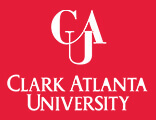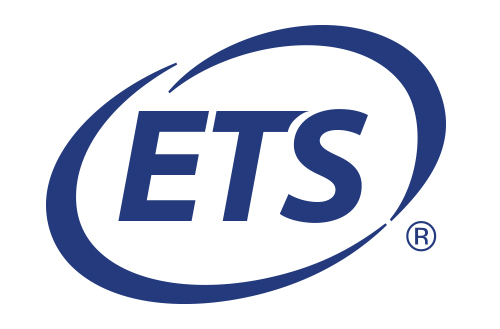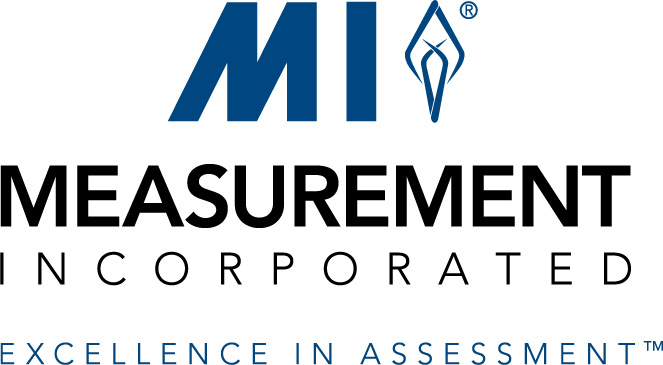ITEMS Portal
ACCESS IS FREE!
Quickly create a new user account for the Elevate learning management system (this website) to access any modules.
You do NOT have to be an NCME member to do this!
Differential Functioning
All-access Pass
This provides immediate access to ALL print and digital modules in the portal by "registering" you for each and displaying all modules as a single collection as part of this pass.
All-access Pass (PRINT ONLY)
This provides access to a ZIP folder with all 45 previously published print modules.
Module 19: Differential Item Functioning
In this print module, Dr. Brian Clauser and Dr. Kathleen M. Mazor prepare the reader to use statistical procedures to detect differentially functioning test items (DIF).
Keywords: differential item functioning, item response theory, logistic regression, Mantel-Haenszel, SIBTEST, policy, standardization procedure
Module 28: Raju’s Differential Functioning of Items and Tests
In this print module, Dr. T. C. Oshima and Dr. S. B. Morris explain the differential functioning of items and tests (DFIT) statistic and show how this methodology can be utilized in a variety of differential item functioning (DIF) applications.
Keywords: differential item functioning, DIF, differential test functioning, DTF, item response theory, IRT, measurement equivalence, Raju
Module 29: Differential Step Functioning for Polytomous Items
In this print module, Dr. Randall D. Penfield, Dr. Karina Gattamorta, and Dr. Ruth A. Childs present a didactic overview of the differential step functioning (DSF) framework and provide specific guidance and recommendations on how DSF can be used to enhance the examination of differential item functioning (DIF) in polytomous items.
Keywords: differential item functioning, DIF, differential step functioning, DSF, graded response model, invariance, polytomous items
Module 41:Latent DIF Analysis using Mixture Item Response Models
In this print module, Dr. Sun-Joo Cho, Dr. Youngsuk Suh, and Dr. Woo-yeol Lee provide an introduction to differential item functioning (DIF) analysis using mixture item response theory (IRT) models, which involves comparing item profiles across latent, instead of manifest, groups.
Keywords: differential item functioning, DIF, estimation, latent class, latent DIF, item response model, IRT, mixture model, model fit, model selection
| Access Date | Quiz Result | Score | Actions |
|---|

















